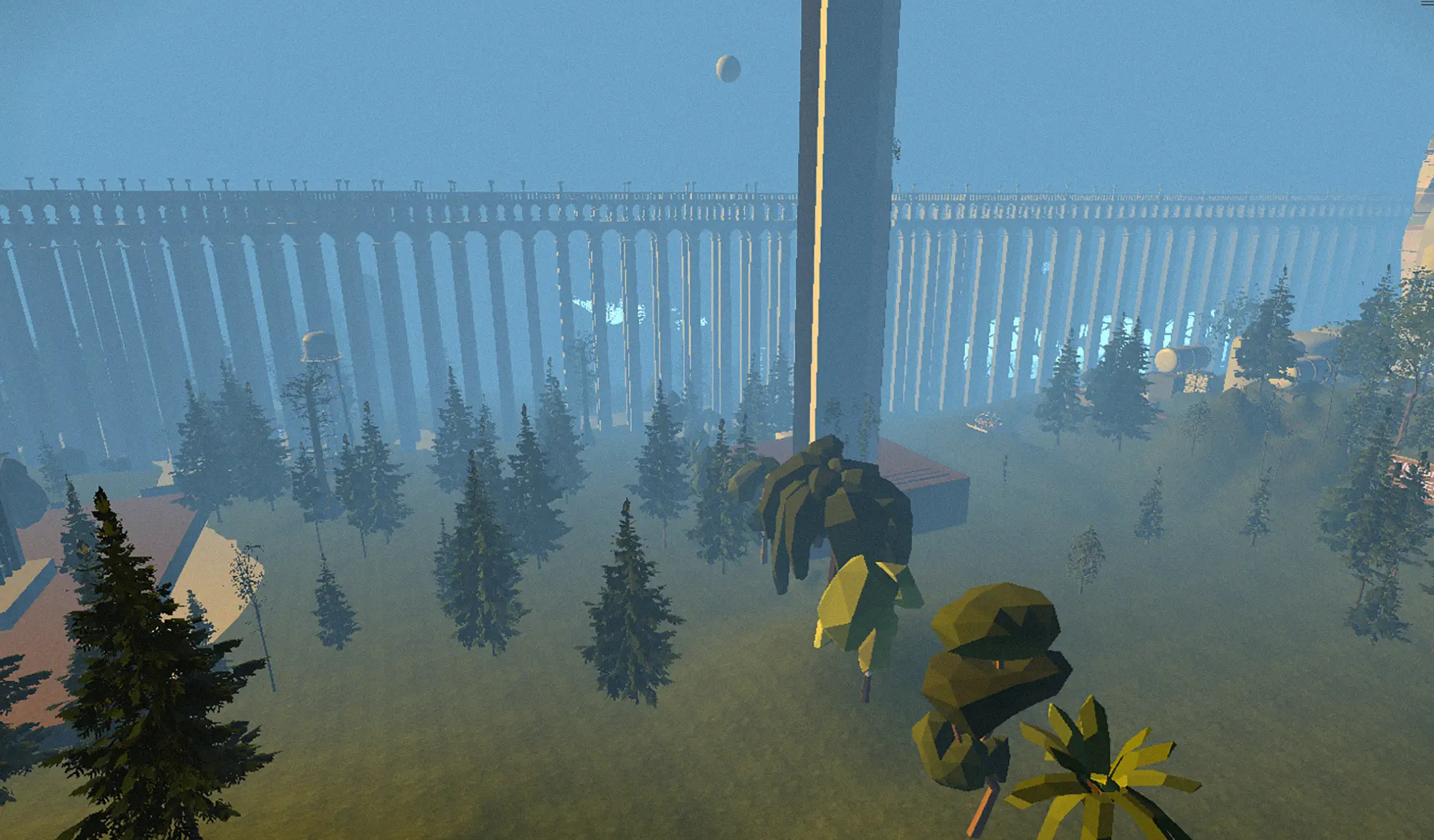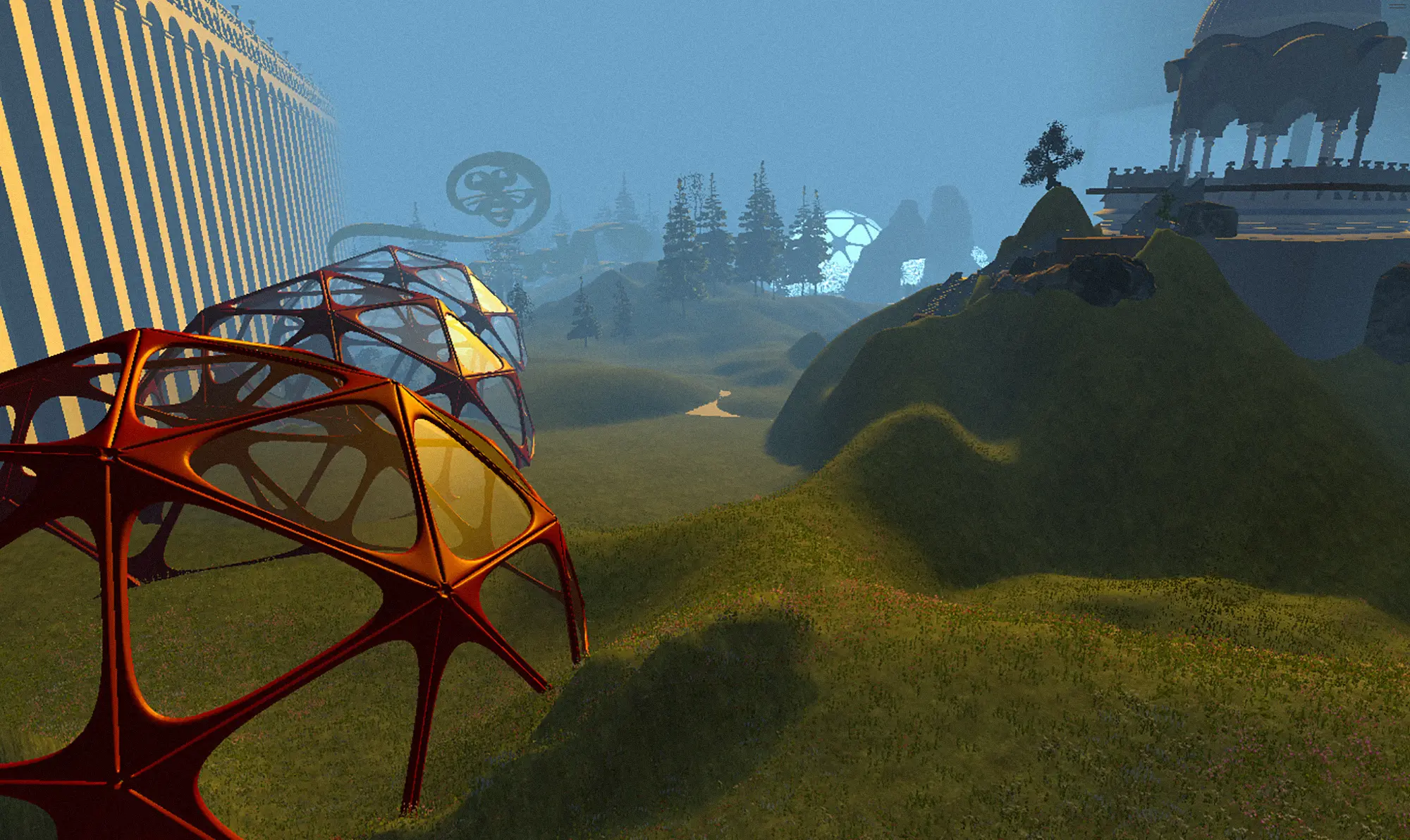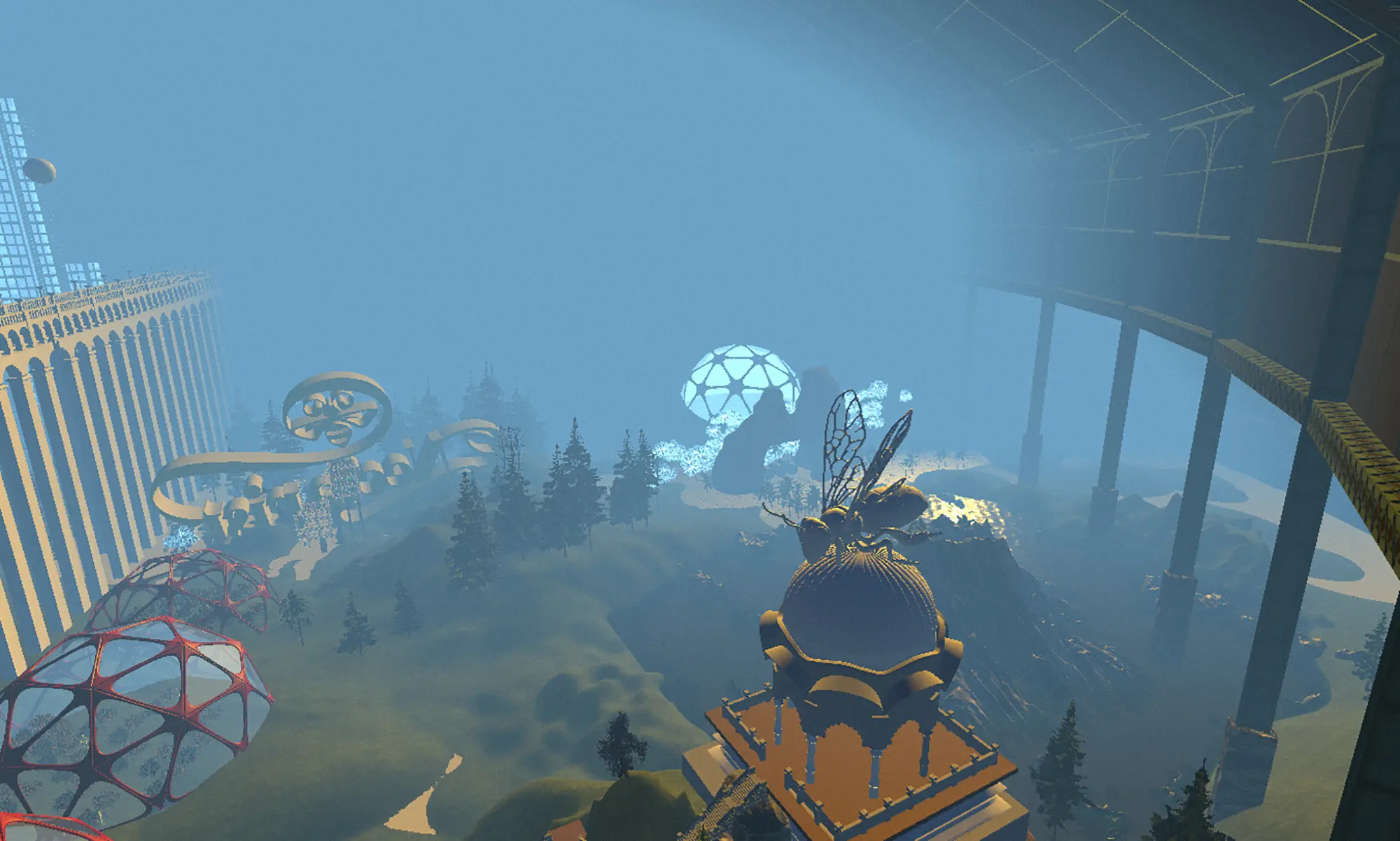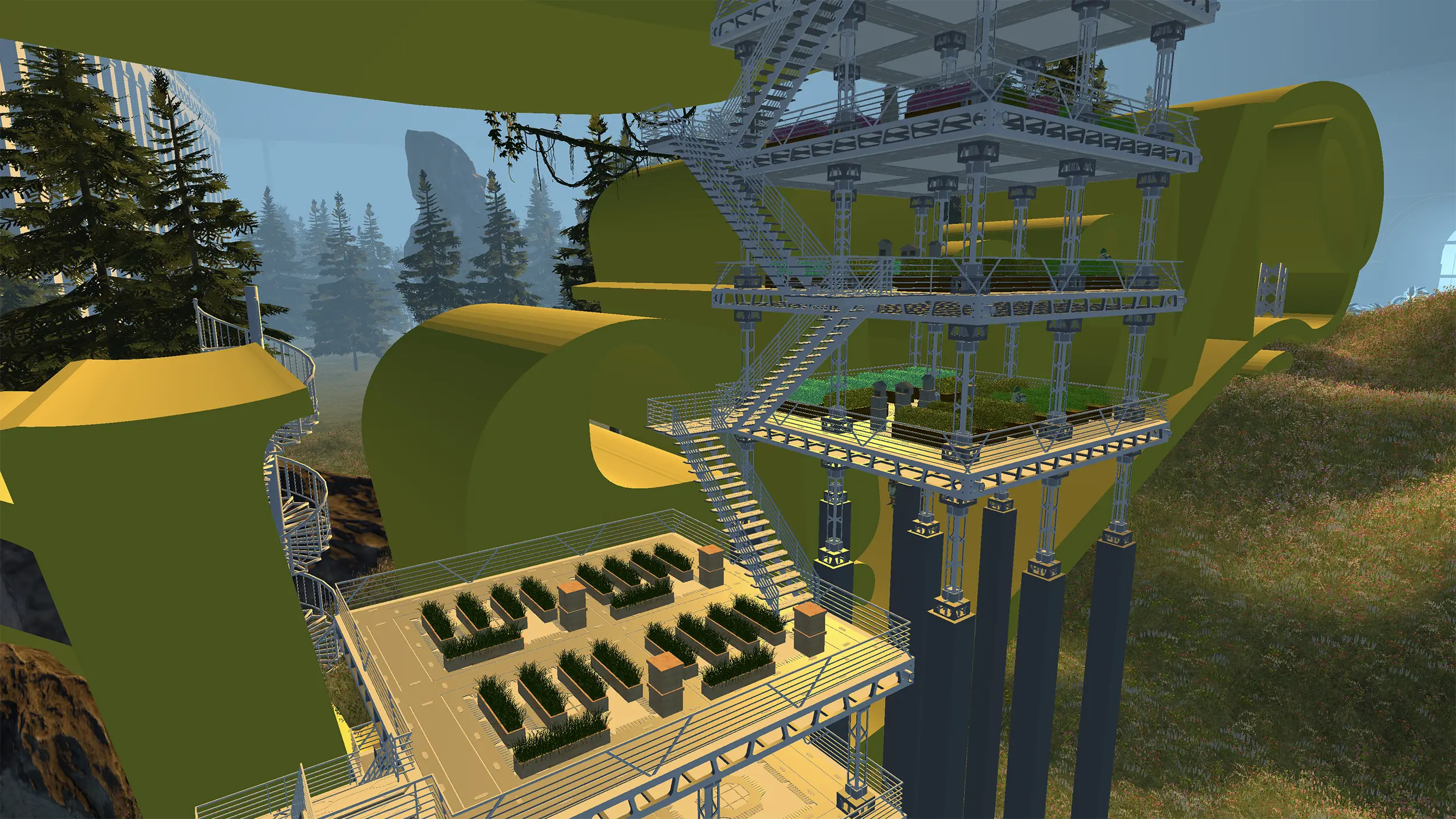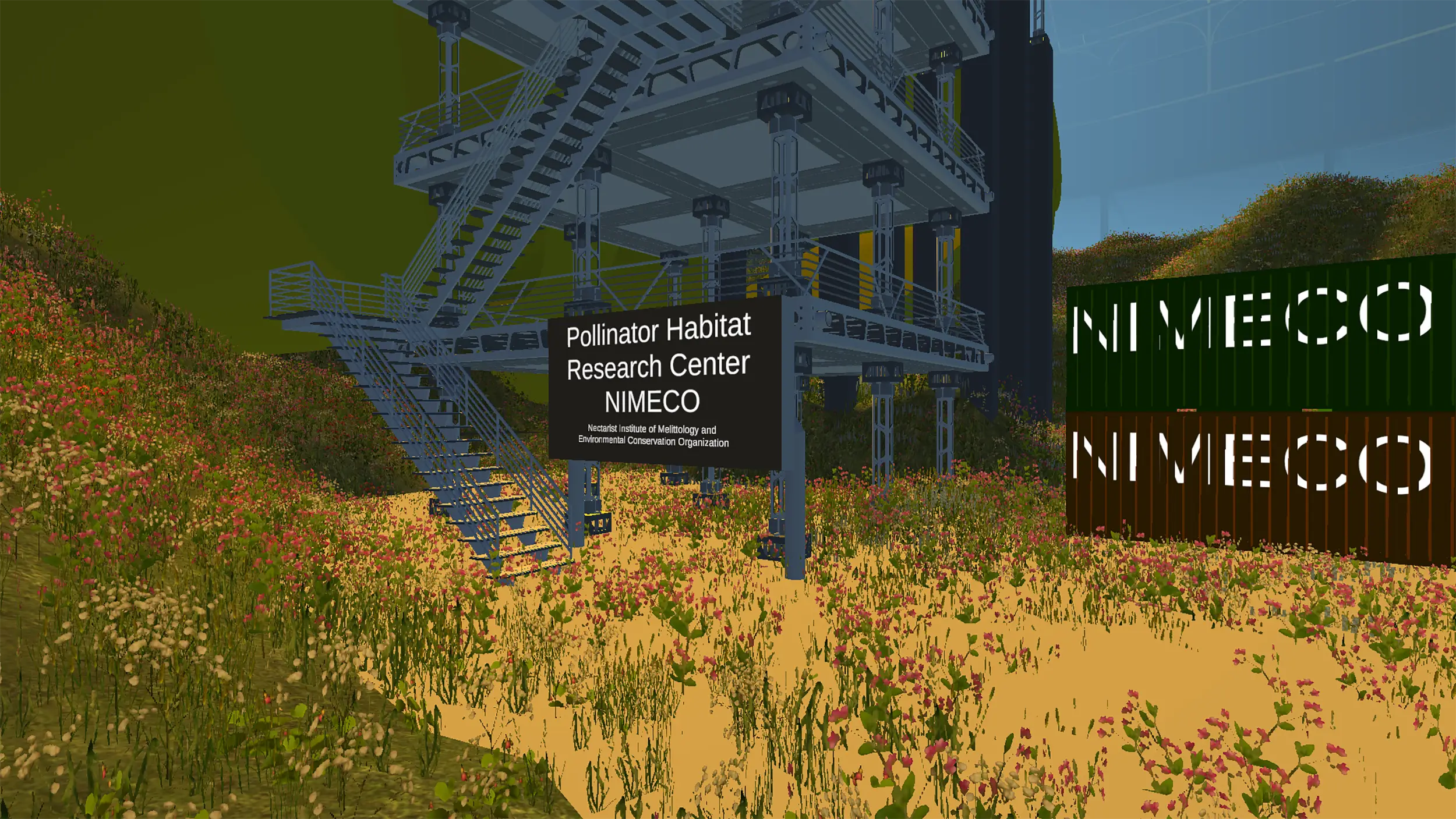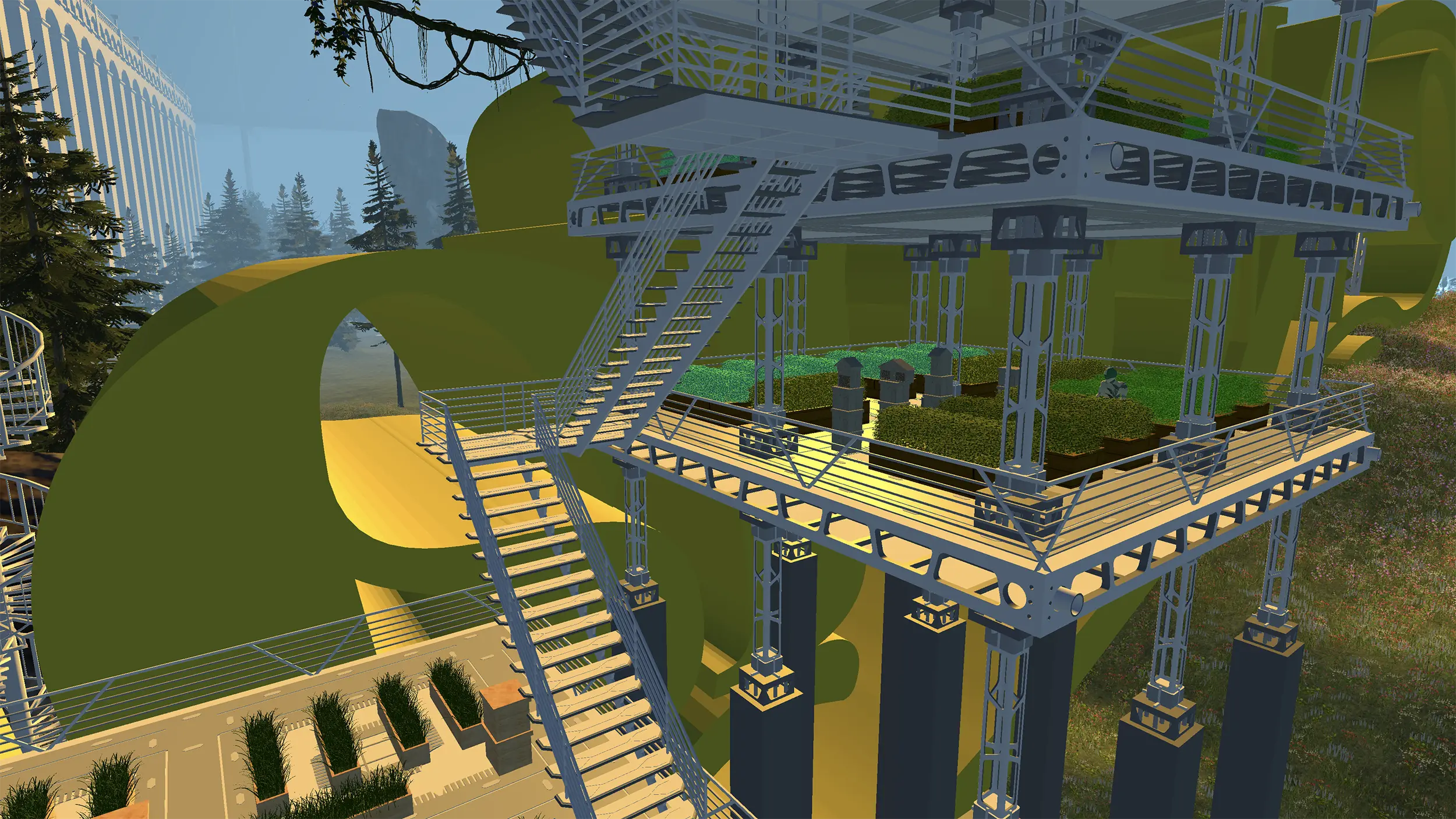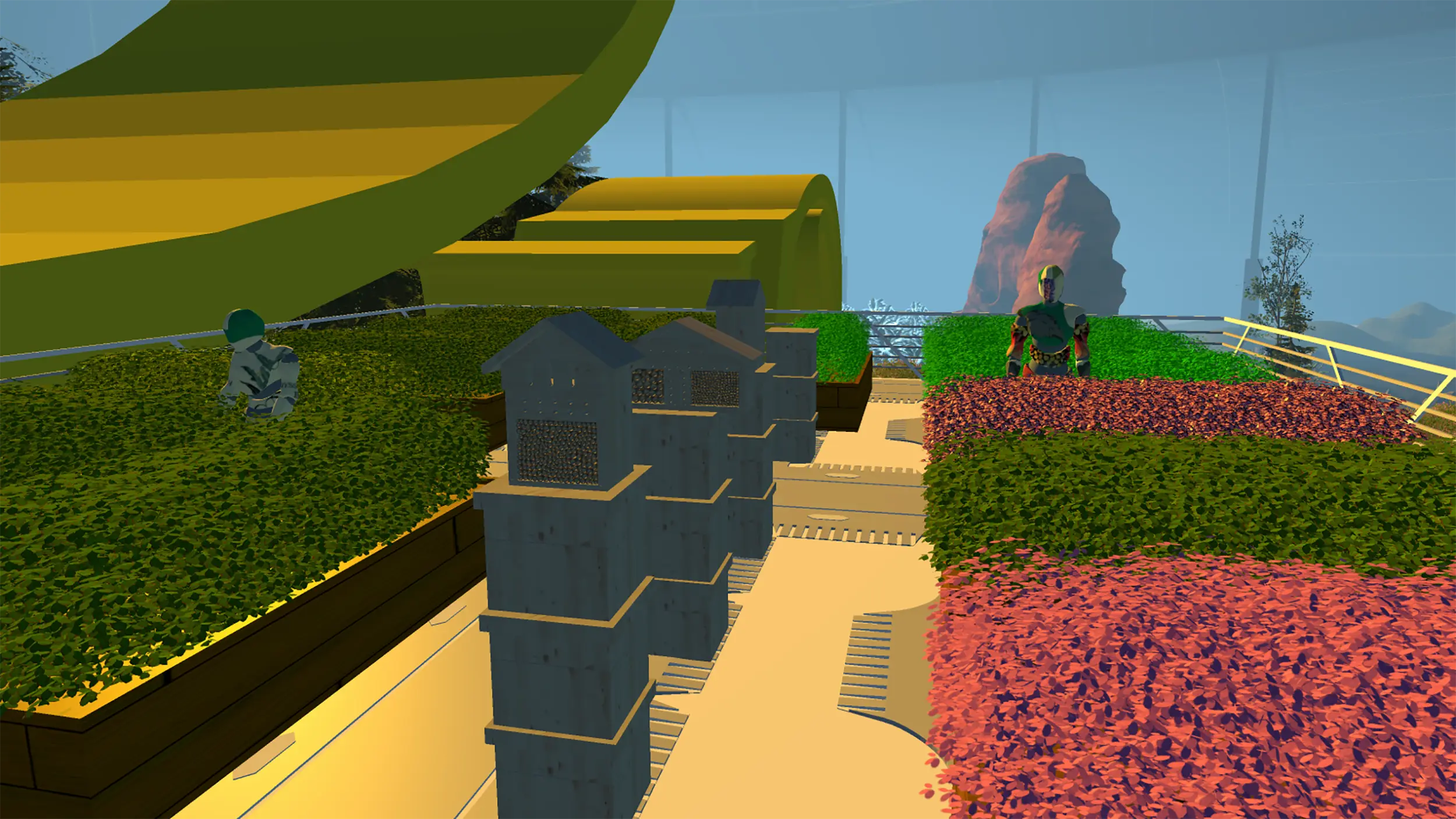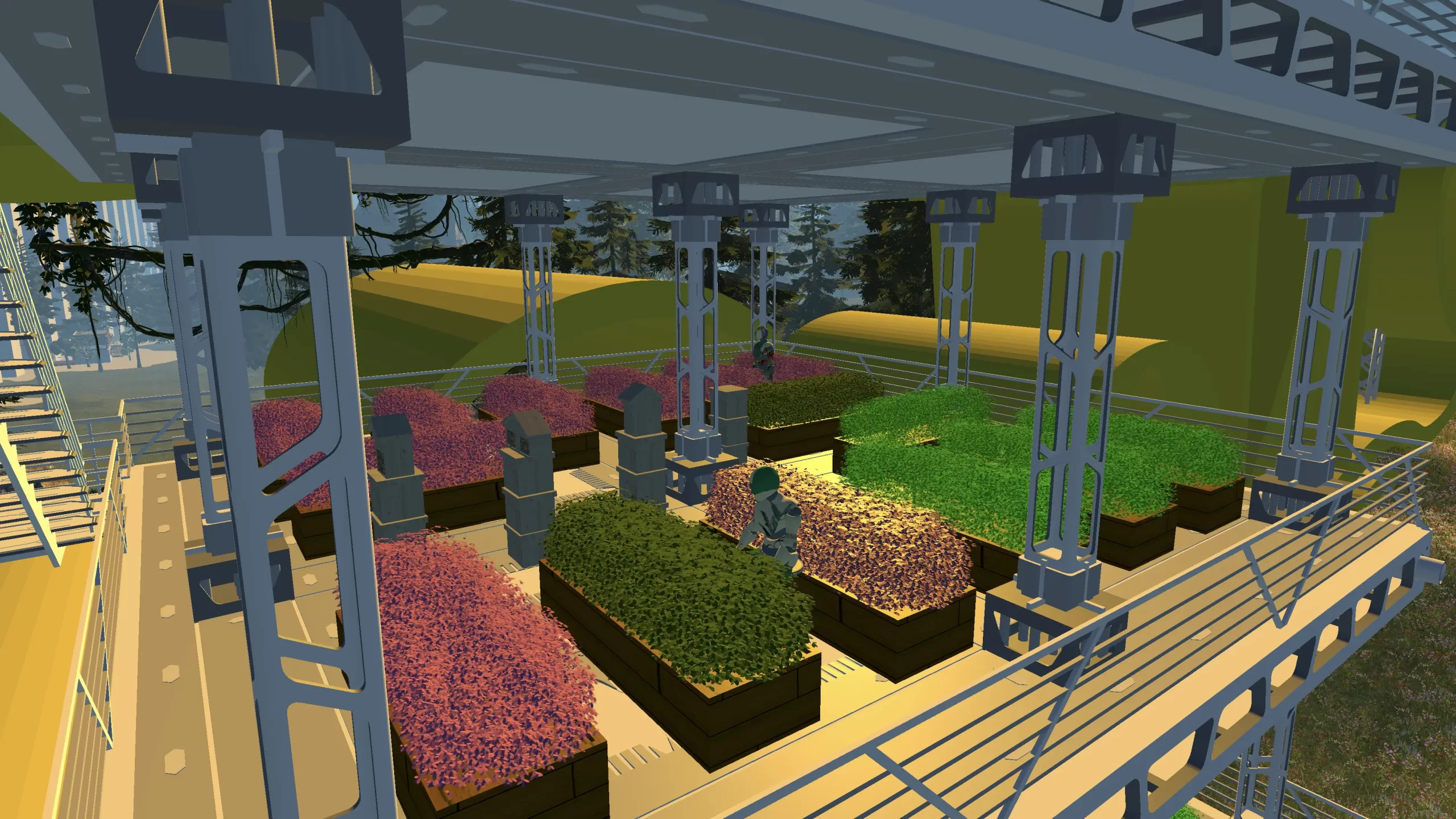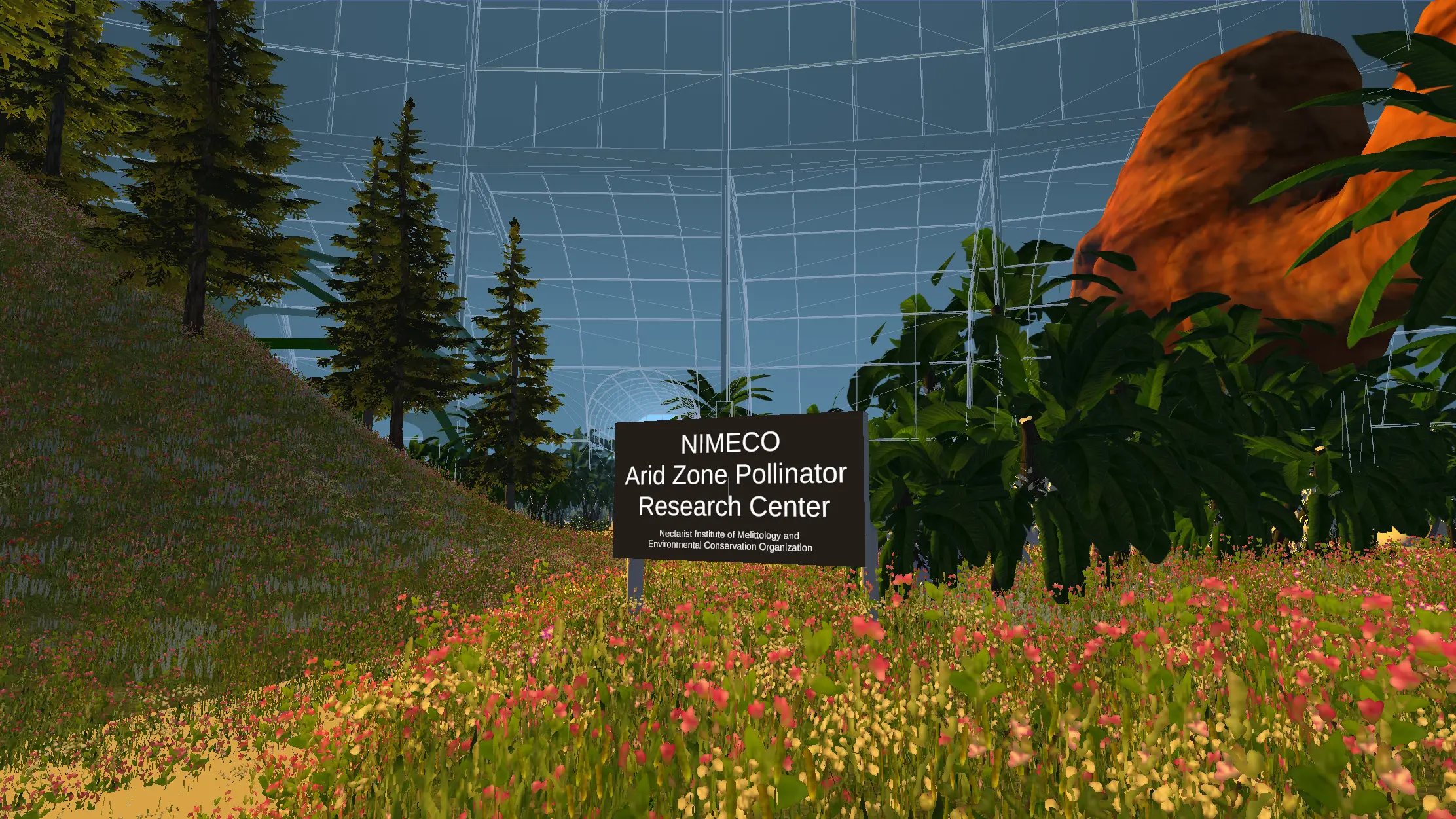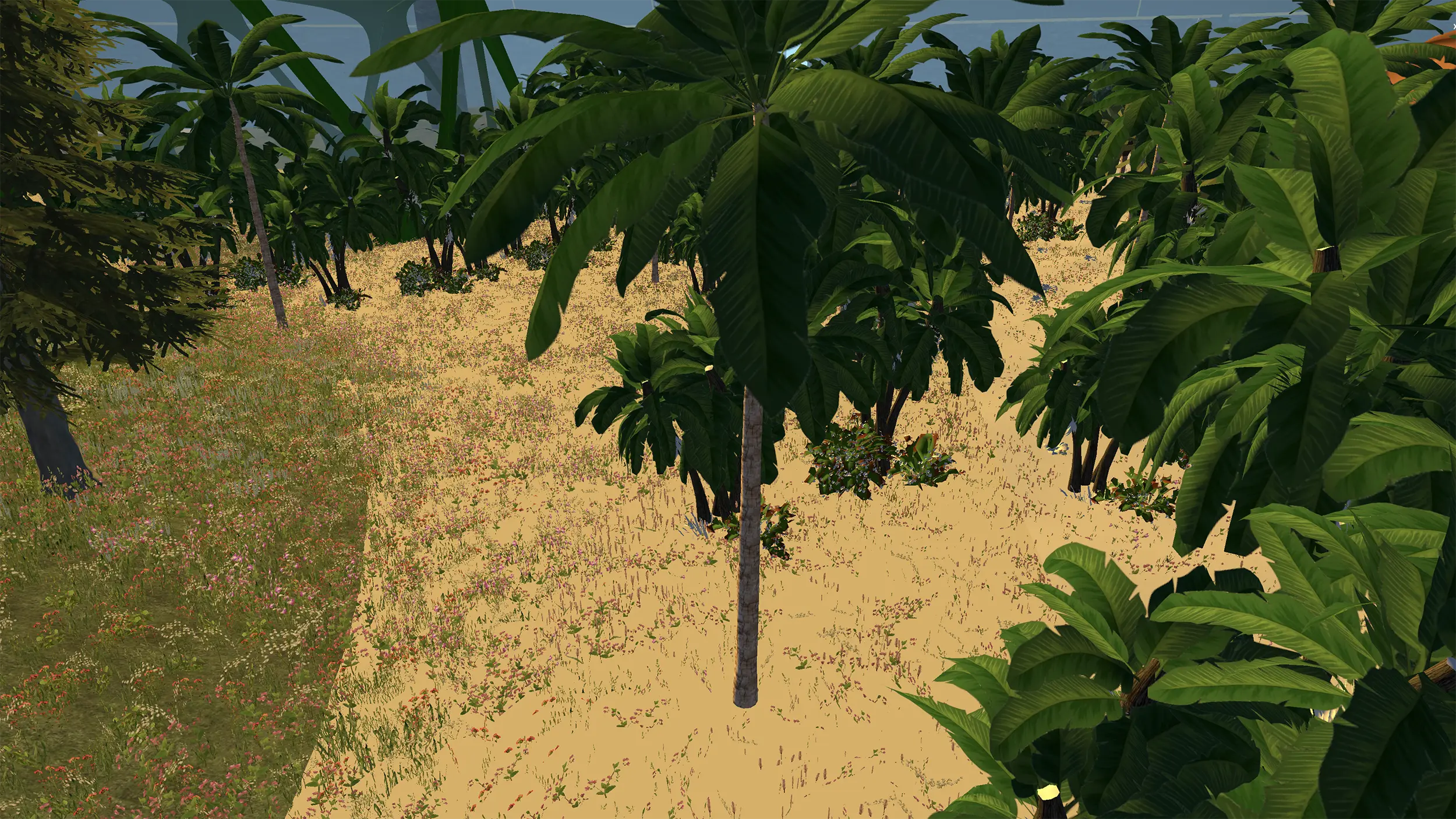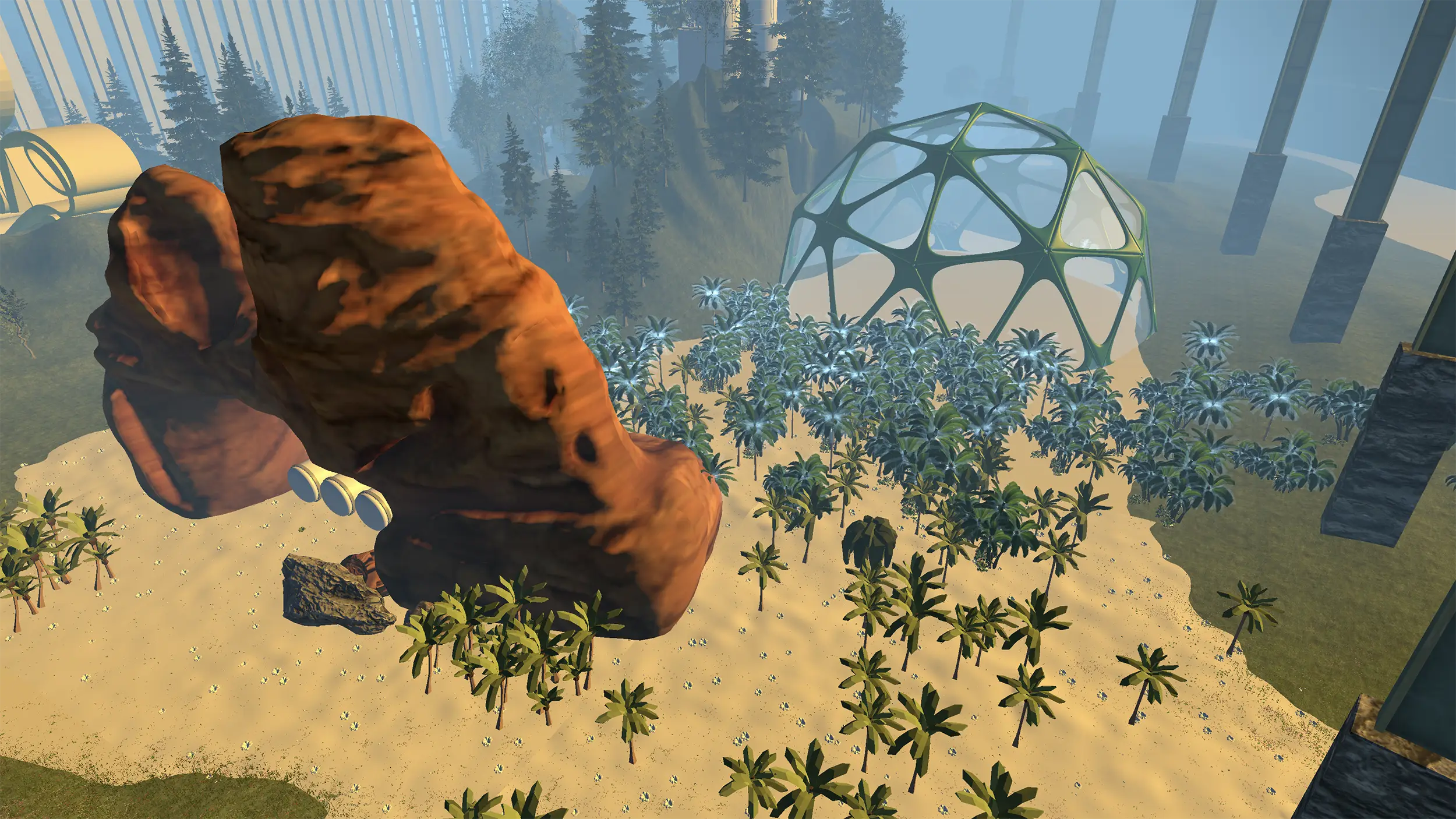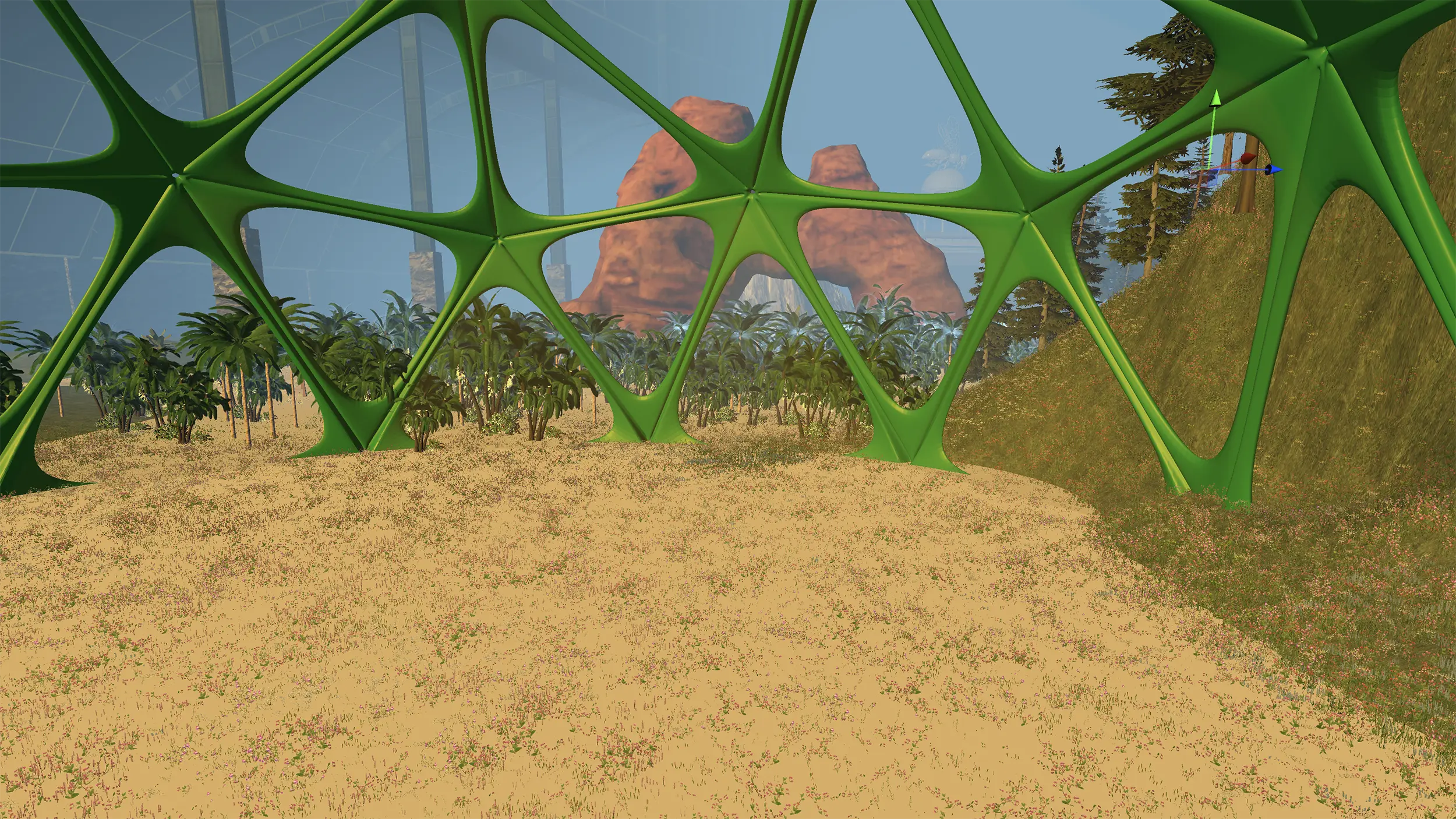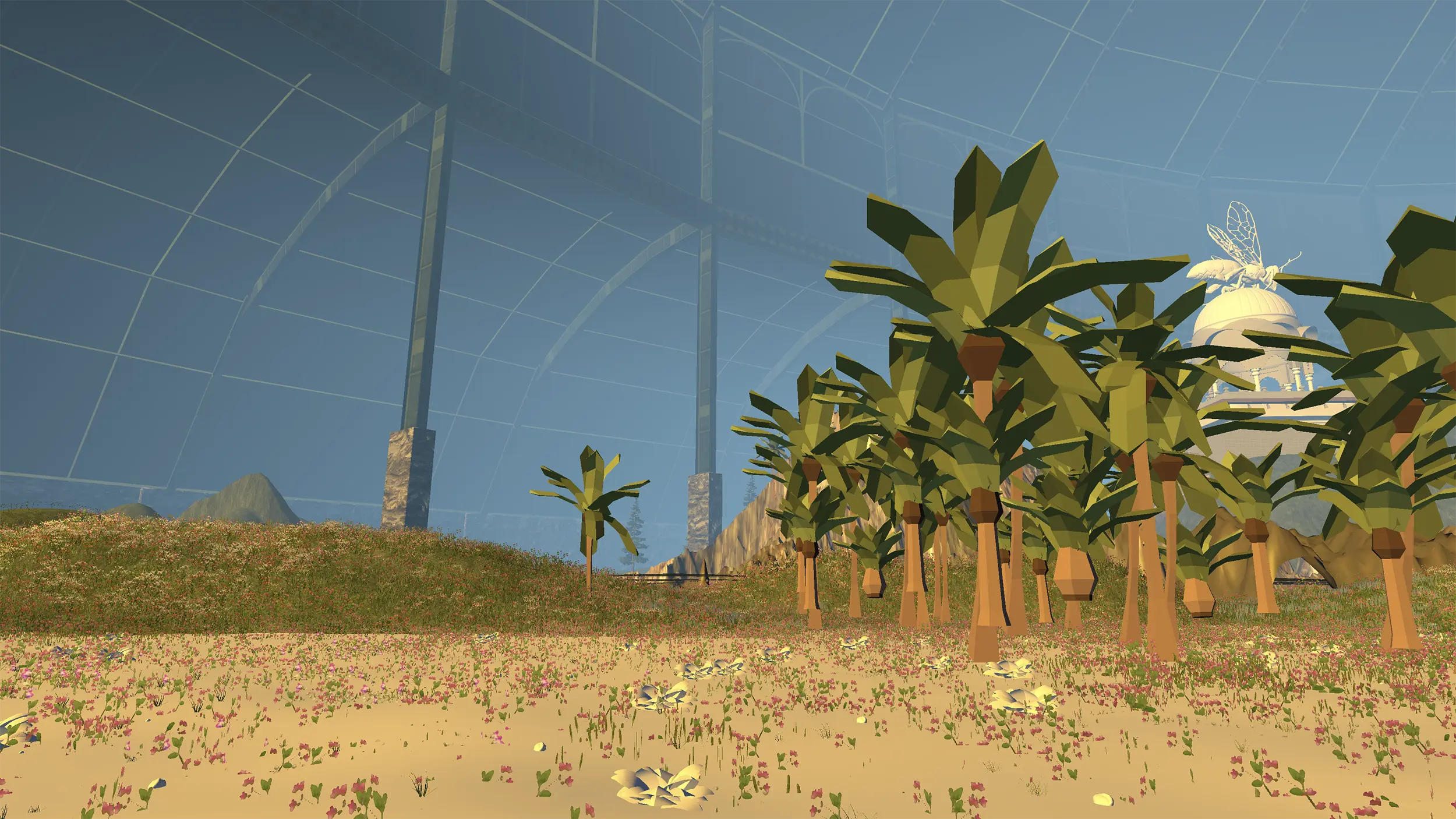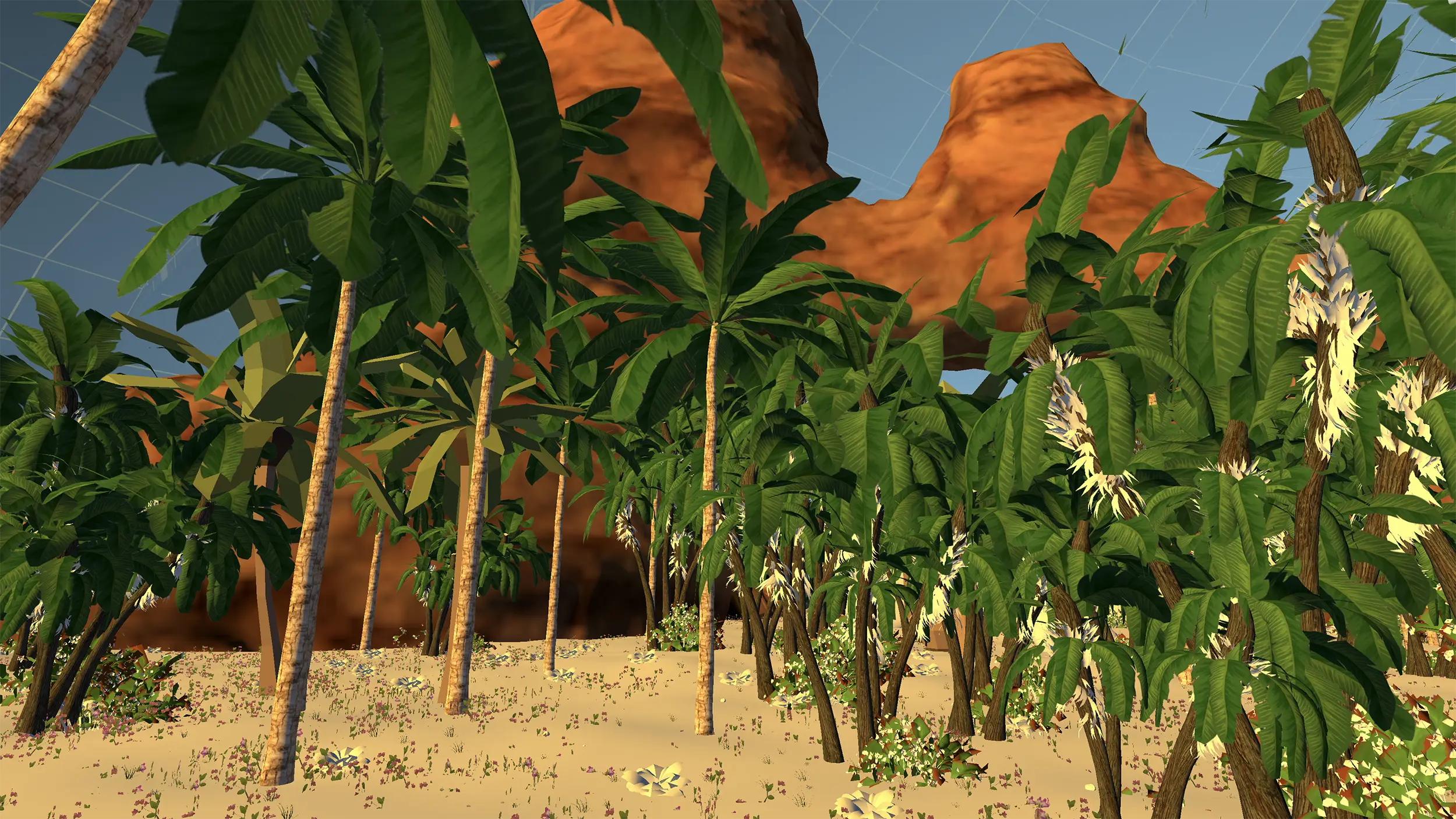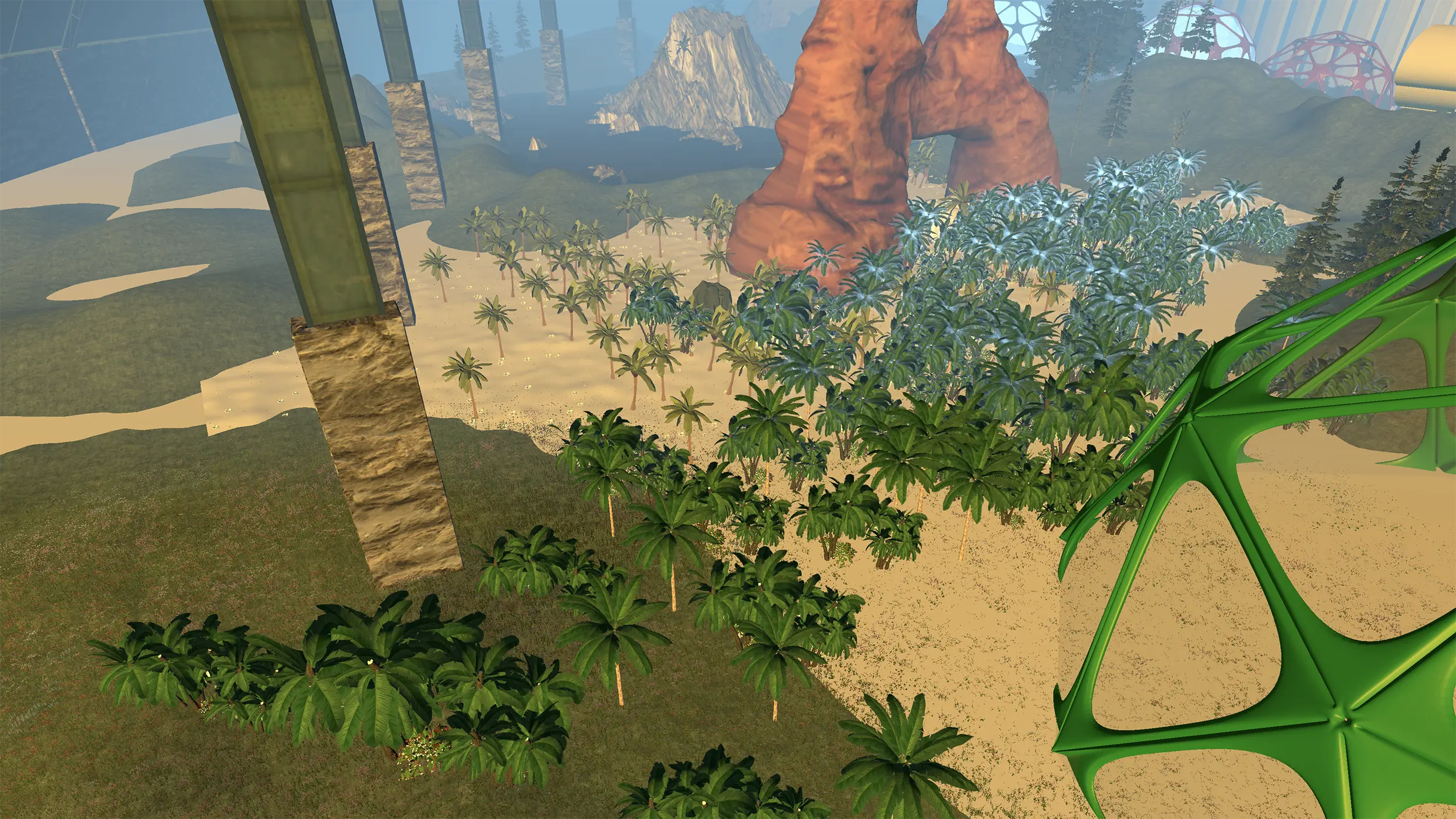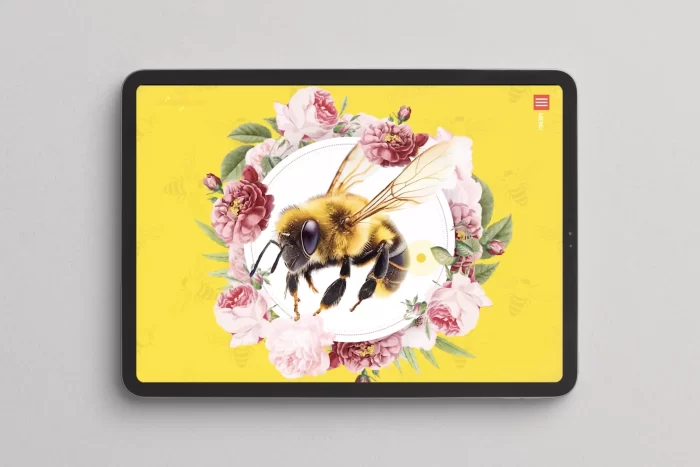
Sakarit is a Graphic Designer & Visual Artist, based in Brooklyn, NYC | E: [email protected]
NIMECO
Nectarist Institute of Melittology and Environmental Conservation Organization
NIMECO is a concept art and speculative design that uses a gamified virtual experience to envision bee experts and scientists establishing an institute dedicated to studying and protecting Earth’s remaining native bee colonies within controlled, protective, and gargantuan greenhouses, as the Earth faces its most extreme natural disasters over the next 300 years.
Project Information
Creative Brief
NIMECO is an evolution of NECTARIST, a brand focused on bee-produced and related products, with 10% of profits supporting native bee conservation efforts.
This project is a speculative design set 300 years into the future, envisioning a world where extreme natural disasters have driven humanity into large, controlled greenhouses, while native bee habitats and conservation efforts are preserved within these environments.
The gamified virtual experience, designed for exhibition purposes or educational and environmental initiatives, engages audiences in understanding the vital role of native bees and how to protect them during the climate crisis.
Approach
This project utilizes Blender for 3D objects and Unity for interactive platforms. Audiences engage with the experience by using a controller to play as a melittologist (bee expert), searching for native bees beyond the dome with the help of a scanning drone—a rounded, one-red-eyed device that flies alongside the player and scans for native bees.
The terrains, vegetation, plants, architecture, and facilities are meticulously designed to mimic real-world landscapes. These include various research centers dedicated to studying native bees from different habitats, ecosystems, and environments.
While the project resembles game design, its primary goal is to educate audiences about the critical role of conserving endangered species such as native bees.
Results
This design is one of the more ambitious projects, given time constraints and technological limitations. The speculative design approach aims to elevate graphic design beyond typography and layouts, expanding into interactive 3D platforms that actively engage the audience and empower them to take action.
This work has the potential to integrate with and complement other multimedia formats for ecological initiatives, exhibitions, and mixed reality experiences. It encourages audience interaction, making them active participants in the project.
Additionally, user data collected through this experience could enhance user insights and increase recognition for communities adopting cutting-edge technologies like virtual reality.
Tools & Skills
- Adobe Illustrator
- Adobe Photoshop
- Adobe Premier Pro
- Blender
- Unity
The voice is AI-generated, created using a written script, and manipulated by Premier Pro to have a robotic accent. This choice reflects the project's setting in the next 3 centuries, a time when technology will be fully integrated with algorithms and AI.
NIMECO Sphere
The NIMECO Sphere represents a conceptual speculative design, envisioned as one of the largest domes where humans are forced to live within a controlled environment due to environmental crises. Serving as a hub for preserving the last bumblebee colonies on the planet, it stands as a symbol of hope and ecological stewardship in a world facing unprecedented challenges.

Introducing Astra BSQ-79

NIMECO-EVE
NIMECO
Pollinator Orchard Research Center
In this speculative design concept for the next 300 years, humans inhabit a large greenhouse dome. One of the research projects within this space is the NIMECO Pollinator Orchard Research Center, where robots and AI systems monitor plants like almonds, apples, oranges, and avocados. This project explores pollination possibilities using manual traditions, humanoid methods, and robotics.


NIMECO
Pollinator Habitat Research Center
The NIMECO Pollinator Habitat Research Center serves as a scientific hub where entomologists, melittologists (specialists in bee study), and scientists focus on utilizing AI to evaluate systems for manual pollination by humanoids on a diverse range of flora, including herbs, grasses, prairie plants, native plants, meadow plants, and flowers.




